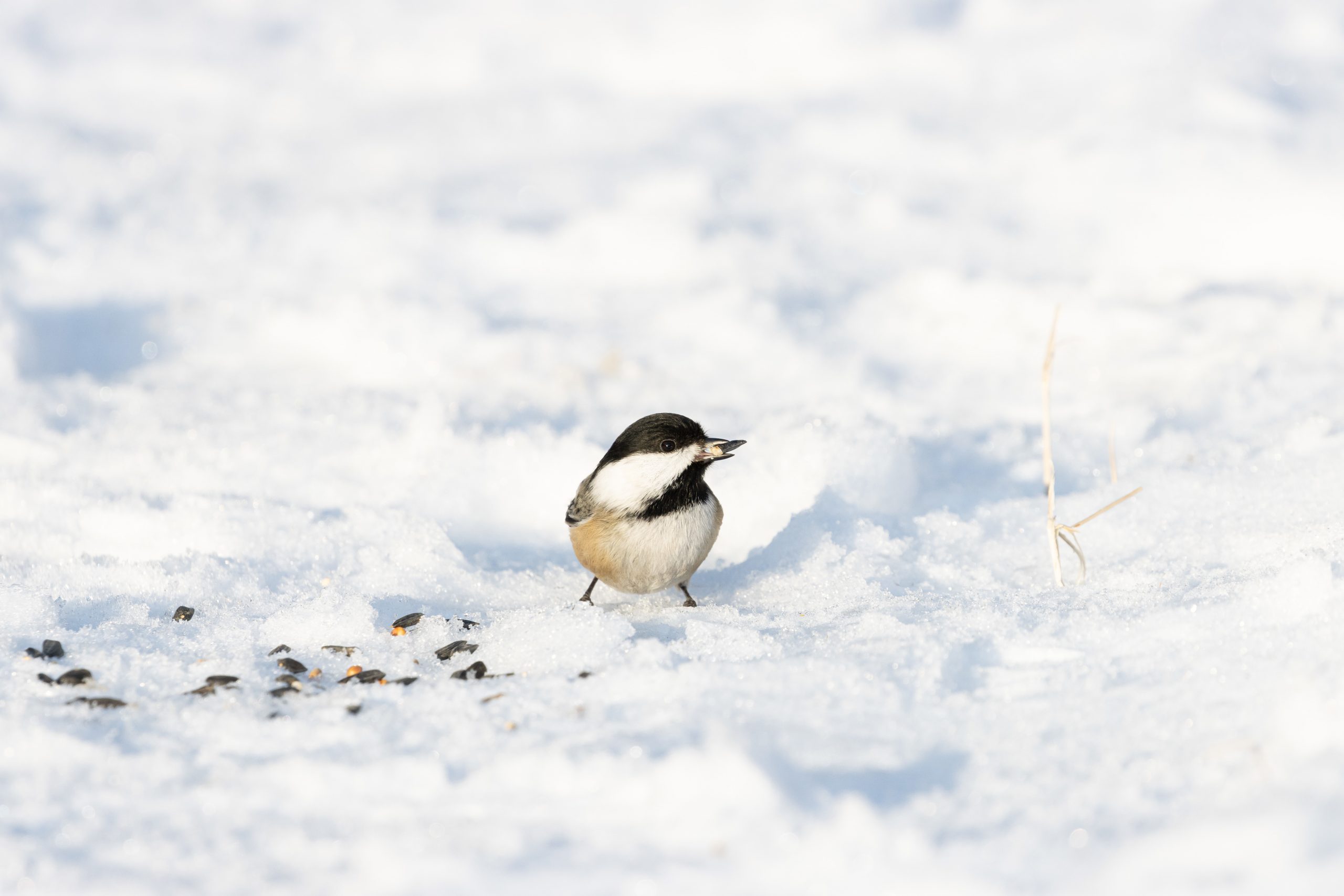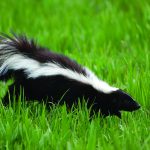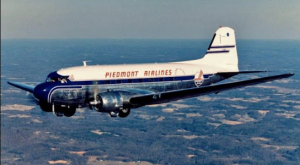
Life on the Wing
Simpler is Always Better
By Jim Dodson
It’s funny to think something so simple could give so many years of uncomplicated pleasure.
Then again, maybe that’s one of life’s truest messages: Simpler is always better.
I’m speaking, of course, of the crumbling bird feeder that graces my backyard garden. It’s is a well-loved and well-traveled friend.
My old high school English teacher, Miss Emily Dickinson — her real name, by the way, and a red-lipped spinster to boot — would be horrified by such poor usage. She would firmly note that it’s grammatically impossible to have an inanimate object as a “friend,” because friends are living and breathing entities, equally impossible to “love” anything except other human beings, though I’m not sure there were many of those in Miss Emily’s grammatically pristine life.
At risk of earning her wrath from beyond the grave, I hereby repeat my oath of love for my aging friend the bird feeder because it is absolutely alive and breathing with birds of all sorts and has been for nearly two decades, even though it’s beginning to fall apart at the seams, not unlike its owner these days.
I bought it on the side of a coast road in Maine one late autumn afternoon not long after my wife and I moved into the post-and-beam house we built upon a forested hill. This was the year my daughter, Maggie, was born, 1989.
An old man was selling a dozen or so of his homemade birdhouses and feeders from the flatbed of his pickup truck. The houses were beautiful affairs, painted white with elegant gables and fancy copper roofs. The feeders, which came in three sizes, were unpainted models of pure functional simplicity — basic affairs open on all four sides, with ample room for birds to gather beneath a gable roof.
I bought one of the fancy birdhouses and took it home for my newly laid out “Southern” garden that was protected from the north wind and received the most sun. It looked great standing in the garden, a luxury home for some lucky bird.
Curiously, though, after two weeks, not a single bird showed up to claim the house. A month passed and not one bird even poked its head in to investigate.
By then the weather was closing fast. In Maine, winter hits like the bite of an ax.
I happened to be taking that same coast road when I saw the old man and his pickup truck parked by the side of the road. The fancy copper-roofed birdhouses were all gone. But there were still a few of the large, simple, unpainted feeders left.
Against my better judgment, I pulled over and bought one.
He didn’t seem to recognize me, and I didn’t bother telling him his fancy birdhouse had no interested takers.
He sold me the feeder for half price.
I took it home and mounted it on a post in the rapidly hardening ground outside our den window, just as the first snowflakes began to fill the air. I drove to the feed store in town and asked the clerk what seed would work best in my simple open feeder. She told me a 50-pound bag of sunflower seeds. I went home and filled up the feeder.
Early the next morning, there was a foot of snow on the roof of the bird feeder — and maybe half a dozen black and white chickadees feeding like crazy. I remember getting the first cup of coffee and just sitting down in my favorite wing chair to watch them go at it. I was transfixed. The thermometer outside read 12 degrees.
I think I went through two 50-pound bags that winter. No matter the temperature, the chickadees were always there, flitting in, flitting out, remarkable creatures, an ounce of feathers on the wing, ounce for ounce the toughest creature in the Maine woods.
In spring, returning robins showed up at the feeder, followed by noisy jays and even a pesky red squirrel that caused Riley the dog to park himself by the window and growl menacingly at the intruder. To the delight of our infant daughter, who loved to watch the birds along with her old man, a favorite daily excitement was to let Riley out the kitchen door in order to tear around the house and chase off the squirrel, who only once dawdled long enough to nearly get caught.
The lady at the feed store advised me to upgrade to a swanky squirrel-proof feeder with an inverted plexiglass bowl beneath the feeding area and slotted glass vents that regulated the amount of seed consumed, preventing costly spillage. The rig she showed me cost nearly a hundred dollars.
But there was, I confess, something beautiful and primal about the wide-open feathered mayhem that happened at any moment in my wide-open democratic bird feeder. Life in the wilds of Maine — anywhere, really — is a balancing act between here and now, life and death, survival and extinction.
A bird never ponders any of this, of course. Only we devoted bird watchers marvel at such faith on the wing. “Consider the birds of the air,” said St. Matthew. “They neither sow nor reap nor gather into barns, and yet your heavenly Father feeds them.”
Gorgeous gray and red-striped finches along with handsome yellow-throated evening grosbeaks the size of a lady’s evening shoe dropped by to eat their fill, and even a pair of Baltimore orioles visited for a solid week in late Yankee spring. I had a silly mental image in my head of word passing among the birds that an avian soup kitchen had opened up and all were welcome, come as you are.
I soon bought a small book to try to identify the many new visitors — grackles, starlings, wrens and waxwings. Barn swallows, towhees and several kinds of sparrow. Once I looked out and saw a magnificent red-tailed hawk trying to muscle in on the dining action, too big to shelter under the feeder’s roof.
After a long day doing battle with uncooperative words or simply trying to keep up with my young, rambunctious family, the parade of birds and constantly changing variety at my feeder were a tonic to the soul, a living metaphor for these transient moments of life — a reminder to pause and take notice of the beauty right before my nose.
I often sat with my daughter, and soon her little brother, watching the birds feed and finding a strange and welcome stillness in the end of my day. On the hardest winter days, those dive-bombing chickadees were nothing shy of an inspiration.
When we moved home to North Carolina, I left behind the fancy birdhouse but dug up several of my prize hosta plants and — my very last act before driving away without looking back — took down my democratic bird feeder and placed it in the trunk of my car.
By then it was really showing its age and wear. Before I raised it again by a pair of trained Savannah hollies leaning over our backyard terrace, I replaced rotted pieces of the framing and tacked on a new roof, then gave the whole thing its first coat of paint.
Almost eight years later, that old feeder is busier than ever, a Grand Central Station of Southern feeding birds — robins and Carolina wrens, nuthatches and mourning doves, swifts, fly-catchers, kingbirds, barn swallows and what seems to be a large and ever-expanding clan of cardinals. I’ve seen one bluebird but maybe half a dozen pileated woodpeckers. Towhees and juncos are frequent visitors.
Seated in my favorite Adirondack chair with a cold Sam Adams and my well-worn bird guide in hand, I’ve identified everything from pine siskins and a rare saltmarsh sparrow. One unforgettable evening I stepped out and surprised a dozen beautiful American gold finches perched on the edges, feeding. They flew off like a burst of gold in the still evening air. I even tolerate a pair of pesky gray squirrels who love to sneak along the top of the fence and gorge themselves when they think nobody is watching. My dog Mulligan lives to chase them off, a game she picked up from old Riley, who died a few years ago.
Life hasn’t gotten any simpler since I bought my beloved bird feeder by the side of a lonely coastal road. My children have now grown up and flown the coop, and I’m still wrestling with uncooperative words.
Yet the time I spend in my wooden chair just watching birds feed and the seasons come and go is still like a tonic to the soul — somehow feels more important than ever, a simple pleasure that reminds me to keep still and somehow keep the faith. These birds neither reap nor sow nor gather into barns, after all. But as long as this earthbound father is around, they’ll be welcome to eat at my old feeder.
Reprinted with permission from PineStraw magazine





